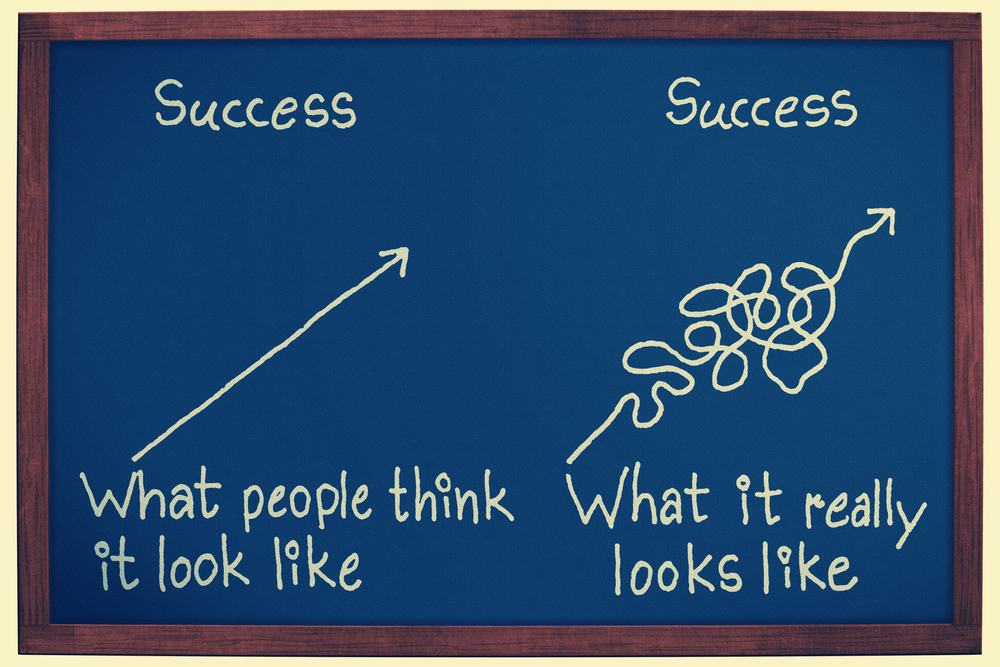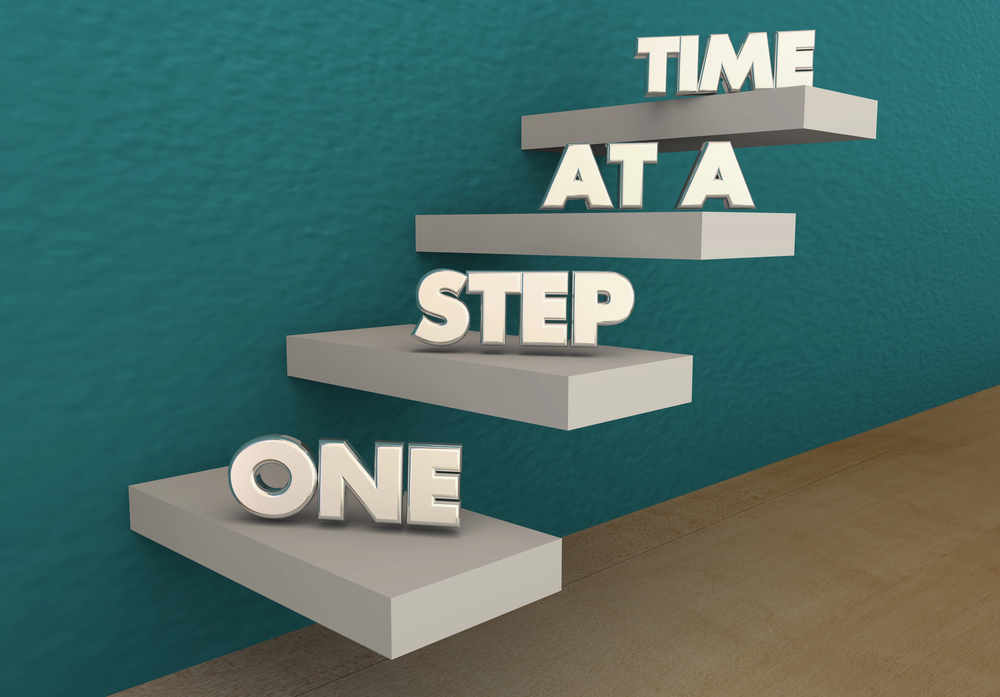 Professional setbacks and disappointments are an inevitable part of any career journey. Setbacks come in various forms, whether it’s missing out on a promotion, being laid off, dealing with the fallout associated with a failed project, or enduring systemic barriers. Dealing with these setbacks requires resilience and strategic approaches to not only cope but also to bounce back stronger. Here are some strategies to help navigate these moments.
Professional setbacks and disappointments are an inevitable part of any career journey. Setbacks come in various forms, whether it’s missing out on a promotion, being laid off, dealing with the fallout associated with a failed project, or enduring systemic barriers. Dealing with these setbacks requires resilience and strategic approaches to not only cope but also to bounce back stronger. Here are some strategies to help navigate these moments.
Radical Acceptance
One of the first steps in coping with professional disappointment is to practice radical acceptance. This concept involves recognizing situations that are beyond your control without judgment. In a previous blog about things to do after you’ve been laid off, I wrote how acknowledging external factors, such as company-wide layoffs or budget cuts, rather than personalizing them, can help reduce suffering. Understanding that certain professional setbacks are due to external causes rather than personal failures allows for a clearer perspective.
Take Time to Reflect
 When disappointment strikes, taking a step back and reflecting on the situation is beneficial. Giving ourselves time to process our emotions before taking further steps is important. Whether you have the luxury of deep financial reserves or just a few days, this period of reflection can be helpful when regaining emotional balance. However, it’s also important to avoid prolonged inertia, as this can lead to difficulty restarting your career journey.
When disappointment strikes, taking a step back and reflecting on the situation is beneficial. Giving ourselves time to process our emotions before taking further steps is important. Whether you have the luxury of deep financial reserves or just a few days, this period of reflection can be helpful when regaining emotional balance. However, it’s also important to avoid prolonged inertia, as this can lead to difficulty restarting your career journey.
Identify Strengths and Transferable Skills
Disappointments such as job loss or being passed over for a promotion can serve as a good opportunity to take stock of your skills. List your transferable skills that can be useful in different roles, contexts, and industries. For instance, skills in public speaking, writing, or project management can often be applicable in various fields. This exercise can help update your resume and cover letter while boosting your confidence by reminding yourself of your capabilities.
Document Your Accomplishments
 Keeping a record of your key accomplishments and milestones over the years can be invaluable during a transition. At a minimum, it proves to you what you’ve done and contributed. I recommend updating this list at least every quarter, if not monthly. I also suggest maintaining this list on a personal device. These accomplishments not only bolster your future resume and cover letters but can also form the basis of your conversations during performance reviews and job interviews. This list will make your abilities more concrete and provide tangible examples to discuss with potential employers.
Keeping a record of your key accomplishments and milestones over the years can be invaluable during a transition. At a minimum, it proves to you what you’ve done and contributed. I recommend updating this list at least every quarter, if not monthly. I also suggest maintaining this list on a personal device. These accomplishments not only bolster your future resume and cover letters but can also form the basis of your conversations during performance reviews and job interviews. This list will make your abilities more concrete and provide tangible examples to discuss with potential employers.
Seek Professional Support
Sometimes, professional disappointments can take a heavy emotional toll, making it beneficial to seek guidance from mental health professionals, mentors, or experienced coaches. Psychometric leadership assessments can help identify how external pressures might affect your work performance and provide concrete and actionable tactics to help you cope. If financial constraints are a concern, look into whether your employer provides funding for professional development, if your former employer offers outplacement services, or if you have insurance benefits that could cover counselling/therapy.
Maintain a Positive Attitude
Attitude can significantly impact how you deal with disappointments. As Maya Angelou famously said, “If you can’t change it, change your attitude.” Embrace the changes with optimism and use them as opportunities to develop new skills or pursue different projects. This not only aids in personal growth but can also positively influence those around you, potentially leading to new opportunities.
Stagger Life Transitions
 In a past newsletter, I noted that managing multiple life transitions simultaneously can be overwhelming. If possible, try to stagger these changes to provide the necessary time and energy to address each one effectively. Balancing personal and professional life is essential, and prioritizing certain life events over work temporarily can lead to better overall outcomes.
In a past newsletter, I noted that managing multiple life transitions simultaneously can be overwhelming. If possible, try to stagger these changes to provide the necessary time and energy to address each one effectively. Balancing personal and professional life is essential, and prioritizing certain life events over work temporarily can lead to better overall outcomes.
There’s no doubt that professional disappointments can disrupt your career trajectory. But necessity is often the catalyst for invention. With determination and by adopting the right strategies, you can turn these setbacks into opportunities for growth. Through radical acceptance, reflective practice, skill assessment, documenting achievements, seeking support, resetting goals, maintaining a positive attitude, and managing transitions, you can build resilience and come out ahead. Remember, your career is just one facet of your life. Success and fulfillment stem from how well you navigate challenging phases.
Did this article spark any career-related questions, plans or concerns?
Reach out today for a free and confidential initial consultation by phone, email, or via direct message on Twitter, Facebook or LinkedIn.
P.S. If you haven’t yet done so, stay in the loop by subscribing to my bi-monthly newsletter. Click here. I promise not to spam, and your email address will always stay private.
If you enjoyed this topic or are interested in ongoing professional and leadership development, you’ll also enjoy reading or listening to How to Be Resilient in Your Career: Facing up to Barriers at Work, my book published by Routledge. It’s available in print, as an eBook, and on Audible.
More than career coaching, it’s career psychology®.
I/O Advisory Services Inc. – Building Resilient Careers and Organizations TM.



